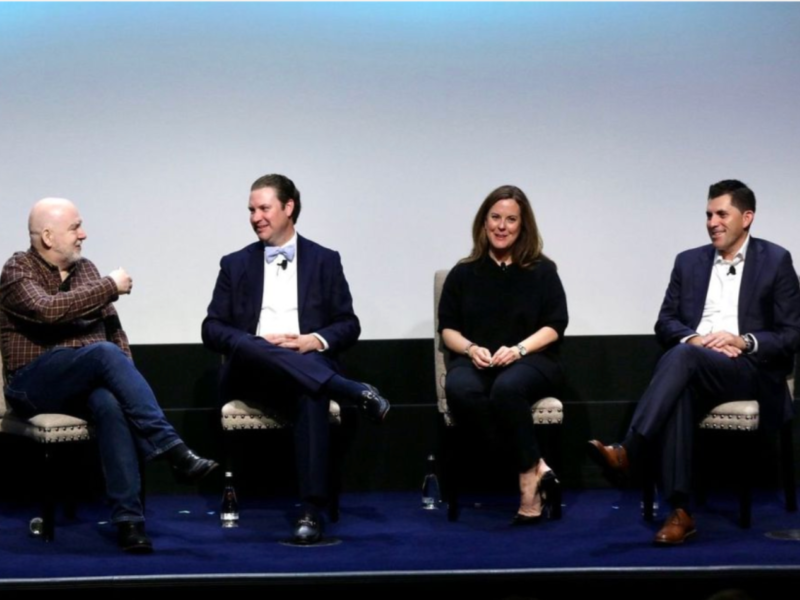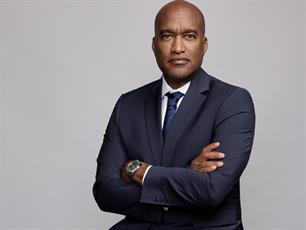Diana Marszalek 02 May 2024 // 2:03PM GMT

NEW YORK — Given today’s divisive politics — and swings in consumer sentiment — companies need to weigh the ramifications of getting involved in societal issues (to say nothing of amplifying them) to come out unscathed, according to a panel of experts.
“Take a deep breath, relax, and do not knee-jerk react," said Whit Askew, a partner in government relations at advocacy and comms firm Avoq. "It gives you a chance to take a holistic view of the landscape."
Askew’s comments were part of a panel discussion Wednesday at PRovoke’s North American Summit in New York exploring the difficulties brands face in navigating today’s volatile political situation and stakeholder expectations. Askew’s fellow panelists included Stacey Alexander, also an Avoq partner in government relations, and Robert Fisher, Verizon’s senior VP of federal government affairs and public affairs.
Though panelists brought different political leanings to the discussion (Askew on the right, Alexander on the left), participants agreed that some of companies’ greatest reputational woes occur when leaders publicly engage in issues that are outside their purview or aren’t germane to companies’ existing work or values.
Alexander said there are two fundamentals leaders need to consider before they get involved in political or societal issues: have they thought it out and is the issue at hand relevant to their business strategy.
“If a C-suite took that on early before speaking about it they are doing very well. We have also seen other companies fail at this from the very beginning,” she said, adding that the latter occurs when companies felt “emotional pressure to engage.”
“When you have your back against the wall you’re going to make bad decisions,” Alexander said. “If you put a plan together that responds to the immediate ask: does your plan exist in your universe 10 years from now? If the answer is no, we advise don’t say anything.”
Fisher said the nuances of communications also a key factor in effective communications.
“I think your messaging does change based on your audience and it always should. The way that we talk about ESG to a Republican office is going to be slightly different than the way we talked about it with a democratic office,” he said.
Positioning is also critical in winning over stakeholders across the political spectrum. Fisher, for instance, said that Verizon has showcased the business and environmental benefits of building a 5G network in its communications. Askew said companies are more likely to rally Republican support for the expansion of electric vehicles — a hallmark Biden initiative — when communications emphasize meeting consumer demand and promoting economic growth.
Alexander also emphasized the importance of humility among corporate leaders — which could include staying in their lanes.
“Things went south for so many executives around them (getting in) front page news pieces and trying to insert themselves into a conversation for a halo effect,” Alexander said. “That is so profoundly inauthentic. People can see it.”



































.jpg)


















